Policy
EU policy must support the sustainability and competitiveness of the EU dairy sector. We strive for an environment in which trade can flourish, both within the European internal market and globally. This requires an agricultural and food policy which is market-oriented and based on sound science, a thriving EU single market and openness towards the rest of the world.
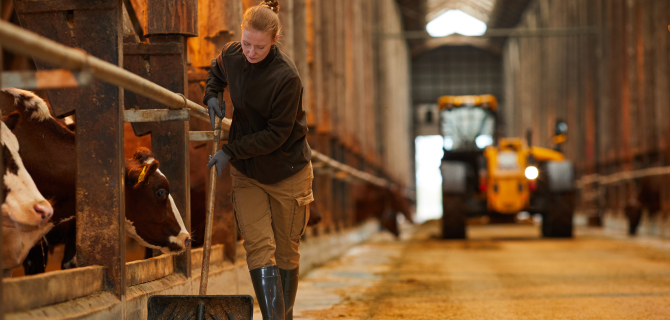
Policy
CLICK TO READ MORE

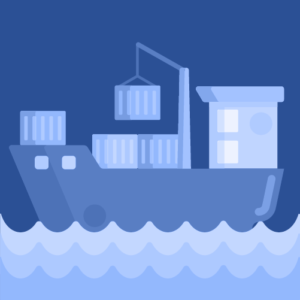


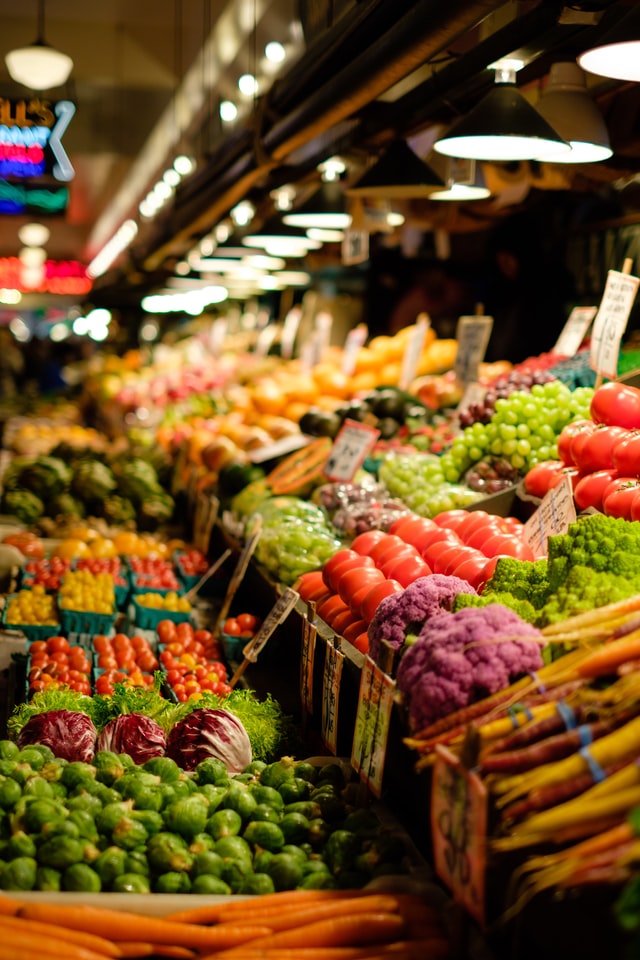

Green Deal
Eucolait endorses the broad objectives of the European Green Deal and the Farm to Fork strategy. It needs to be ensured however that all the policy areas and measures taken as part of the strategy are coherent with one another and do not result in undue barriers to trade.
The transformation towards increasingly sustainable food systems can only be achieved in combination with openness towards the rest of the world. International trade in agricultural goods contributes to better availability of food across the globe by redistributing products from surplus to deficit regions. The importance of trade for food security will increase further because of a growing world population and because the negative effects of climate change will not be evenly spread across the planet. Dairy products are an important part of a healthy, balanced diet but not all regions are well suited for milk production, for instance due to a warm climate or lack of water.
The European dairy sector already operates very efficiently and with relatively low emissions by comparison. Learn more about ongoing progress and goals in our sustainability manifesto. Examples of the activities, ambitions and sustainability policies of our member companies have been listed in the annex to the manifesto.
Dairy companies have taken significant measures to reduce their environmental footprint and made strong sustainability commitments in all areas, CO2 neutrality being just one example.
The European Green Deal encompasses all economic activity. Its most relevant components for dairy trade are the Farm to Fork Strategy and the Trade Policy Review. The former combines elements of agricultural policy with broader objectives in terms of health, food safety and consumer information.
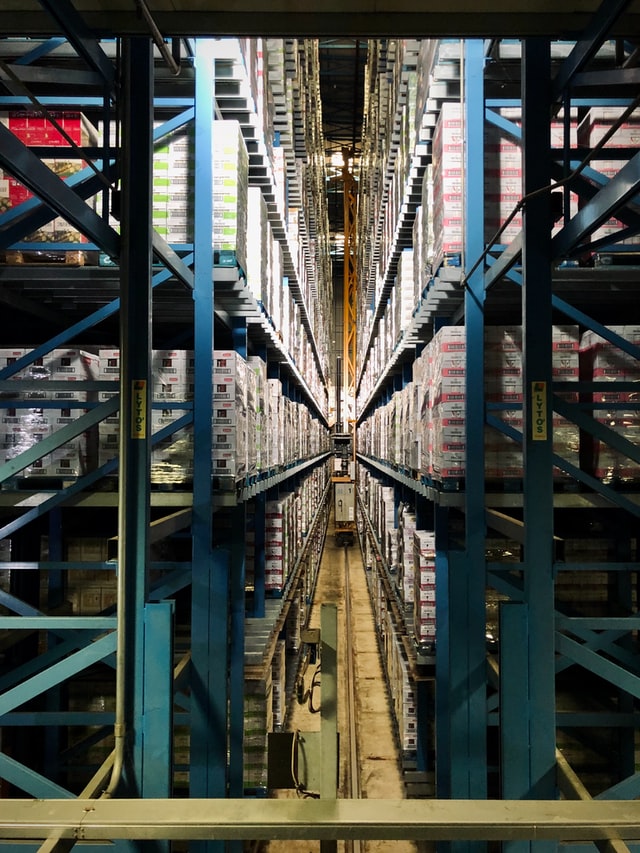
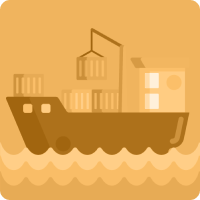
Trade
We support the Commission’s vision of an open, sustainable and assertive trade policy. We particularly appreciate the emphasis placed on open and fair trade with well-functioning, diversified and sustainable global value chains. It is crucial that the “open” is not forgotten in the key concept of “open strategy autonomy” and that it does not translate into a policy of self-sufficiency and closed borders. As the largest exporter and second importer of agri-food products globally, Europe must remain open for business with the rest of the world.
The dairy sector has shown remarkable resilience during the pandemic. This resilience can be enhanced through further diversification of supply chains, sourcing and export markets. In this context, we welcome the improved market access gained through the multiple free trade agreements concluded over the past 10 years and many more are still in the pipeline. Rightfully, the focus of the policy is now shifting towards full implementation of all these agreements.
The single market is Europe’s beating heart and its proper functioning is a prerequisite for EU’s success as the leading actor in world trade. A thriving internal market in turn requires a level playing field within the EU guaranteed by sufficient harmonisation of rules and a firm rejection of protectionist measures by Member States.
On the global scale, trade depends on transparent, predictable rules and trust in the multilateral trading system. It is necessary that the EU takes a leading role in revitalising the World Trade Organisation to make it functional again and fit for the challenges of the new decade.
As more is being asked from European farmers, there is a strong temptation to make imports conditional on adherence to all relevant EU standards, not just food safety related ones. Imposing our standards on trading partners is an approach that has its limits if open trade should be maintained. Instead, the EU should seek solutions to improve the overall sustainability of food systems through bilateral trade agreements and the relevant multilateral fora.
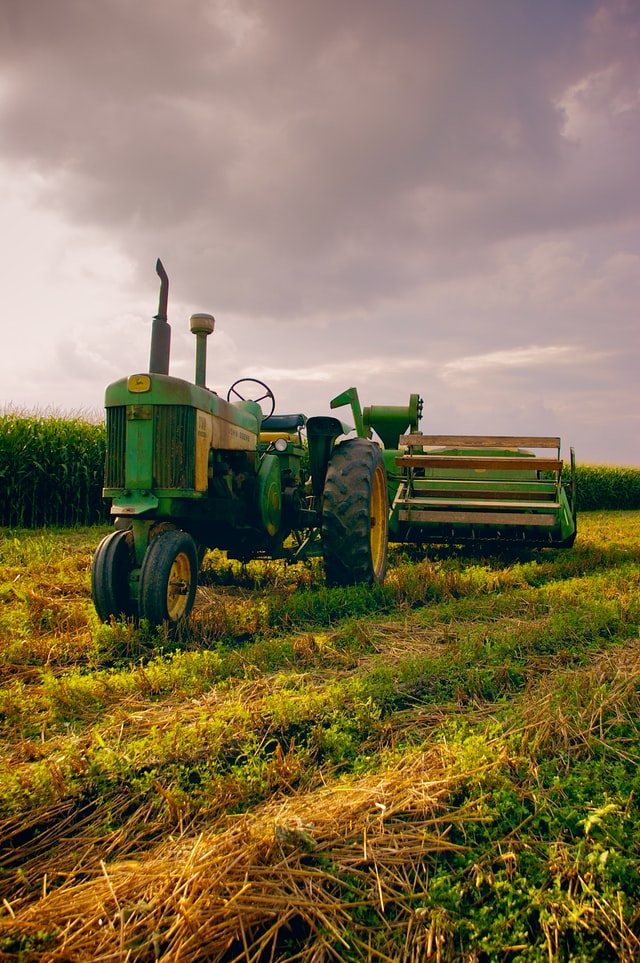

Agriculture
In the broadest terms, the Common Agricultural Policy (CAP) should ensure the sustainability and competitiveness of EU agriculture. In this context, sustainability of course encompasses environmental, social and economic aspects - planet, people and profit.
The EU should continue on the track of ensuring that the CAP remains market oriented. Since the mid 2000’s, the European dairy sector has gone through significant changes and a gradual liberalisation process, culminating in the abolition of the milk quota system in 2015. The shift from market support in the form of high intervention prices and export refunds to (mainly decoupled) producer support has allowed the EU dairy sector to grow and to become the leading supplier to the world market. As a result, Europe is today the best placed region for serving the increasing demand for dairy products globally.
Matching supply with demand is a task for the operators in the dairy supply chain, not public authorities. The sector’s resilience to multiple recent crises, in particular the pandemic and Brexit, has once again demonstrated that mandatory public supply management has no place in today’s agricultural policy. In the same vein, there should be no interference in the contractual relations between undertakings, with the exception of addressing unfair trading practices.
The market orientation of the CAP goes hand in hand with comprehensive, reliable and timely market information to provide operators in the dairy supply chain with the right signals. In this respect, we are a proud member of the European Milk Market Observatory Economic Board.
Market orientation need not mean a total absence of government intervention. The current CAP allows for a measured level of interference in the market, notably in the form of public intervention buying, private storage aid and other emergency tools. A certain level of price volatility is inevitable and essential to a dynamic market place. Extreme volatility can however be extremely damaging and should be managed, using primarily private risk management instruments such as fixed milk price schemes, forward contracts, futures and options.
The CAP should not be viewed in isolation. A strong coherence with other key policy areas such as trade, the internal market and food policy under the Farm to Fork strategy is most crucial. This integrated approach exists at least in theory under the hub of the Green Deal.
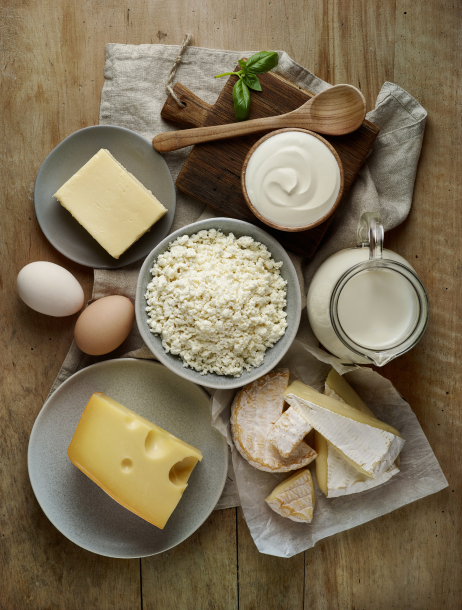
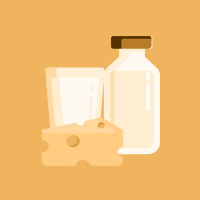
Food
Food policy should above all be based on solid science. This principle should especially guide regulation on food safety but also consumer information. It can be argued that the EU food safety framework consisting notably of the general food law, hygiene rules and official controls is overly precautious, but it certainly has delivered on its primary objective of ensuring that all food in Europe is safe.
At the same time, it should be ensured that imports from countries with comparable food law regimes are not unfairly targeted by European legislation. EU rules should, insofar as possible, based on agreed international standards and be developed in close consultation with trading partners.
In addition to having access to safe food, consumers should have adequate information about the nutritional properties and other relevant features of the products they buy. While certain essential information should be required by law, in other cases it is more opportune to regulate the conditions under which claims or statements can be made by operators on a voluntary basis, under the general proviso that food labelling may never be misleading.
When it comes to information about origin, we firmly believe that tailored, voluntary solutions can more adequately respond to consumer demand than a one-size-fits-all mandatory origin labelling scheme. We also reject any suggested connections between sustainable food consumption and mandatory country of origin labelling.
Policy initiatives like mandatory origin labelling are extremely harmful to the proper functioning of the EU single market which should remain a core pillar of European food policy, as it always has been.
When it comes to information about health and nutrition, a holistic approach taking account of the overall nutritional contribution a food makes to a person’s diet is required, rather than focusing on individual nutrients. In this sense, we oppose the introduction of nutrient profiles and of any simplified labelling schemes.
An area where EU food policy has so far failed is in tackling the huge problem of food waste. If the overall objective is to make our food systems more sustainable, this is where most of the efforts should be focused. Trade contributes to limiting food losses by increasing the efficiency of supply chains but most of the food waste takes place at the stage of sale to the final consumer and in households.
